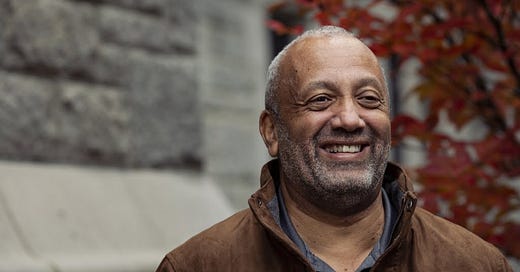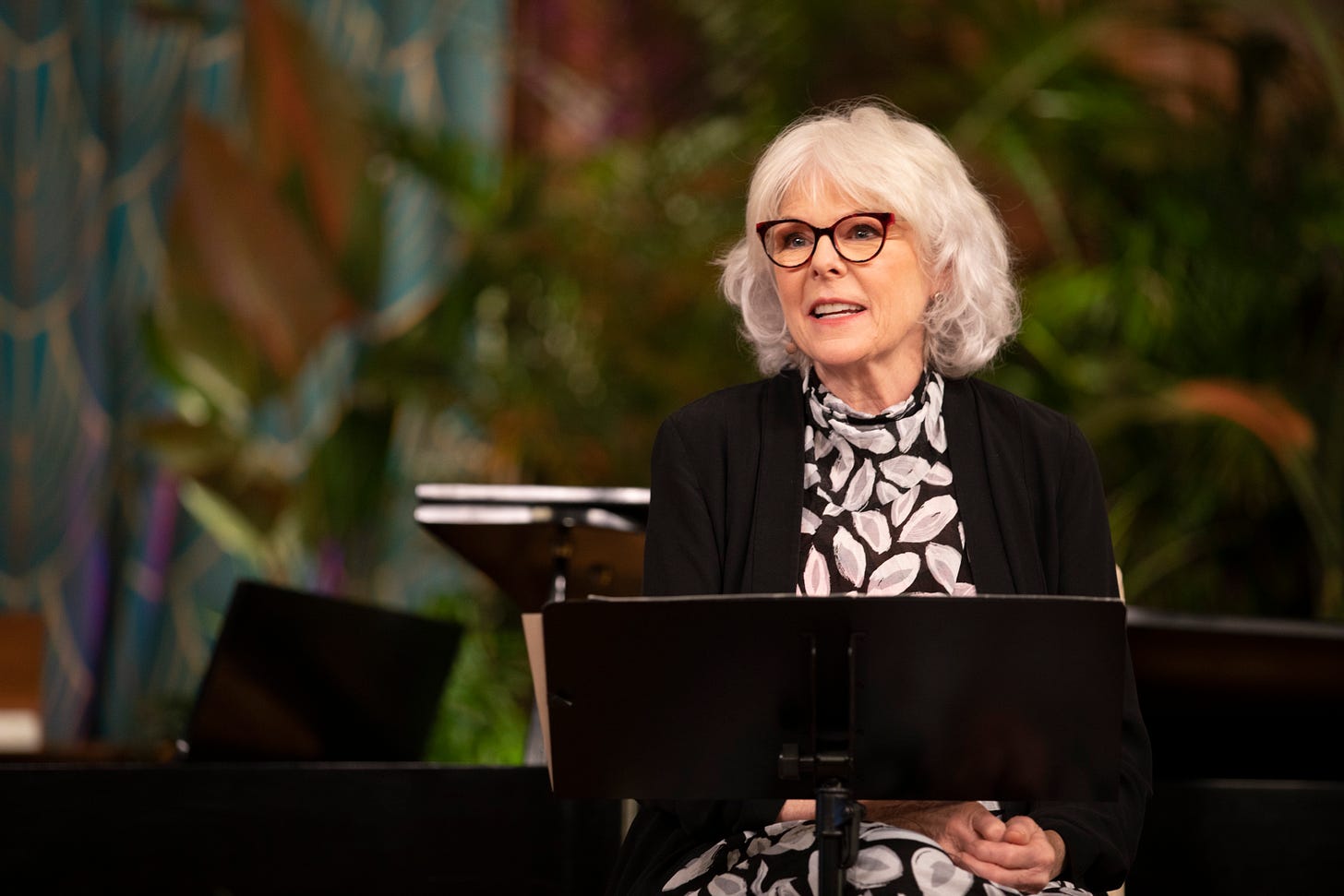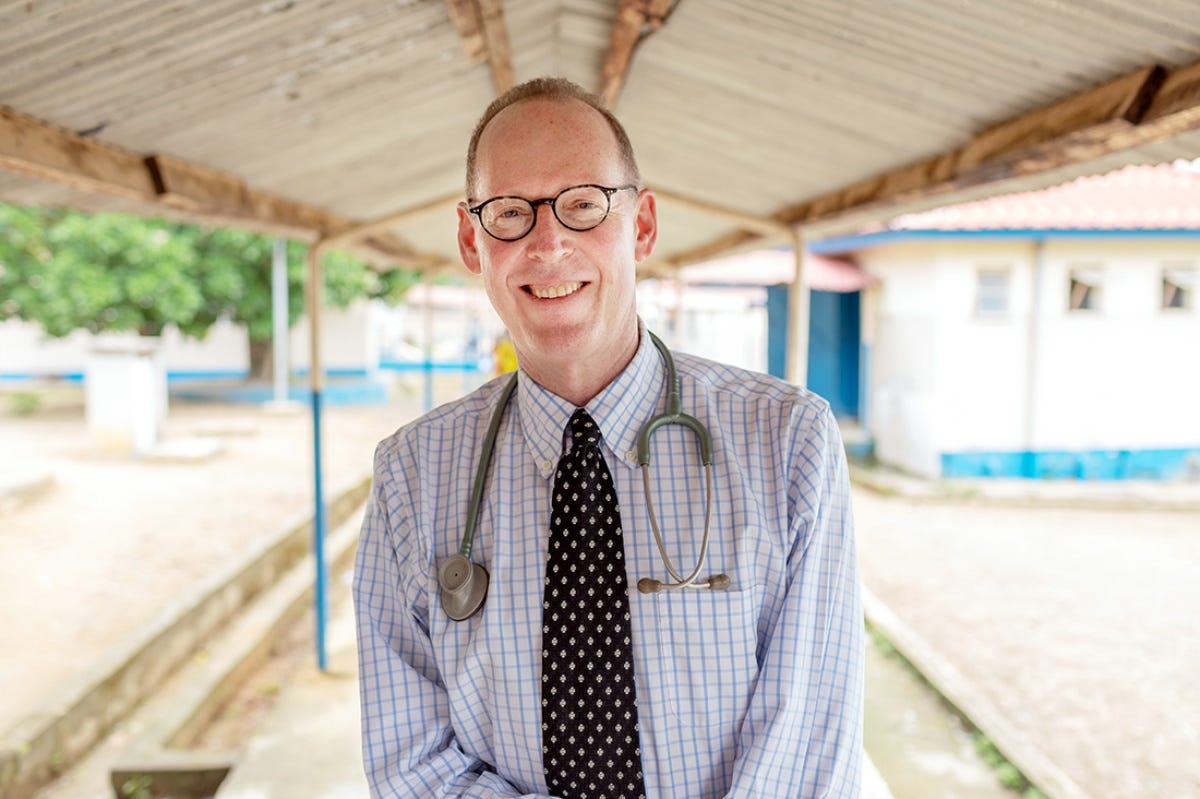During my teens and early twenties, if someone asked me what I would be when I grew up, I’d tell them that I would be a Presbyterian minister. My early years were deeply shaped by the rhythms and explanations of the progressive Christian church in the American south. I learned to understand Jesus as a pacifist who rejected all forms of violence and protested unjust political authority. I learned to understand the Holy Spirit as a force of liberation that sets captives free and turns shame into celebration. I learned to understand God as a person of hospitality who rejected masculine self-sufficiency in favor of tenderness, generosity, and care.
It’s the last bit of my theological inheritance that I want to linger on—hospitality. Growing up in the church, I thought that hospitality was sort of the whole point. Care for those who are in need. Welcome the stranger. Give generously.
It wasn’t until later in my life that someone challenged me to think more carefully about hospitality. That someone was Barbara Brown Taylor, an Episcopal priest, author, and college professor in northeast Georgia.
In a 2019 lecture at Westminster Town Hall, Taylor recounted a semester where she asked the undergraduate students in her World Religions course to leave the classroom and visit places of worship throughout Georgia, including places that many students thought they’d never go.
“I decided that my students and I ought to be leaving our comfort zones to go meet other people in theirs. We should be entering their sacred spaces without knowing the rules, without even knowing if we had dressed right, or where to put our shoes,” Taylor said.
Some of Taylor’s students expressed fear about visiting temples, shrines, mosques, churches, and synagogues. Others expressed anxiety, and still others expressed curiosity. In every case the students reported feeling fundamentally disoriented by the experience of being a visitor rather than a receiver.
“To offer hospitality—that’s one thing, and a good thing,” Taylor observed. “But it puts you in charge.” She added, “Receiving it is something else altogether, especially when you and your religion are used to being in charge. … You find yourself in the minority for once, seeing the world through other people’s lenses instead of expecting them to use yours.”
I am interested in this way of seeing the world. And, like Taylor, I have students in my college classroom. Instead of becoming a Presbyterian minister, I became an ethics professor.
I am interested in the ethics of receiving.
One year a friend and former student, Annie Krabbenschmidt, delivered a graduation speech to a group of public policy students. In their address Annie reflected on the messages they had received during their own time in higher education: “Change the World” and “Make a Difference,” for instance. But also: “Grow Something Big,” “Always Rise Again,” and “Penetrate the Market.” These messages are awfully phallic, Annie noted, before saying that they hoped the graduates would go into the world to receive as well as give. “How you receive will be just as important to changing the world as how you give,” they said.
I googled, “What’s the opposite of phallic?” on my phone while Annie spoke. The answer I received was “yonic” - adjective, relating to or shaped like a yoni, the Sanskrit word for vulva or vagina; a representation of the external female genitals as a symbol of the Hindu goddess Shakti or of female generative power.
To offer hospitality is one thing, but to receive it is something else altogether. How you receive will be just as important as how you give. How very yonic.
I have been wondering what it might mean for ethics to be more about receiving than giving. Or, at least, what it might mean for ethics to have a greater sense of balance between the two.
Paul Farmer was interested in this, too. Farmer was a medical anthropologist and a global health physician who co-founded Partners in Health, an international non-profit organization that provides direct health care services and advocacy activities for people living in poverty around the world. Farmer was also a proponent of liberation theology, a Christian way of seeing the world very similar to the vision I received as a teenager. He died tragically in February of 2022.
In To Repair the World, Farmer described accompaniment as a fundamental aspect of ethics. He recalled his first encounter with the term “accompagnateur”—a Haitian word for someone who accompanies—while living there in 1982. In the decades he remained in Haiti as a student, physician, and global health advocate, Farmer said that he came to understand the power of accompaniment as a way of being in the world.
“There’s an element of mystery, of openness, of trust, in accompaniment,” Farmer wrote. “The companion says: I’ll go with you and support you on your journey wherever it leads. I’ll share your fate for a while.”
“And by a while,” Farmer added, “I don’t mean a little while.”
Open-endedness is easier in theory than it is in reality, especially for people, like me, who find comfort in being in control. Companionship can feel unproductive, slow, or pointless. Sometimes the pointlessness is the point.
Accompaniment is a difficult kind of ethics to practice.
Each semester I pose this question to the students in my ethics classes: “What’s something you’d rather do slowly and together than quickly and alone?”
Cooking, they say, or yoga. Eating, unless you have somewhere to be. Running, unless you’re trying for a personal record. Singing, laughing, and grieving, they say, although there is debate on the last one. They don’t say sex, but when I do they laugh in a way that suggests it had made their list.
They never, ever say homework. My students fear group projects more than grief. Perhaps even more than death.
Our classroom conversation inevitably settles on the best way to die. Some students prefer slowly and together, others prefer quickly and alone. Meanwhile, I make a mental note to get my advance directives in order.
“Why are you making us talk about death?” a student says. “This is morbid.”
“I’m not making you talk about anything,” I reply. “We can go back to cooking and yoga if you’d rather.”
Accompaniment challenges our cultural idols of autonomy, urgency, and self-sufficiency, as Scottish nurse, theologian, and ethicist John Swinton noted in Becoming Friends of Time. When faced with the vulnerability and unpredictability of another person’s life, we can find ourselves abandoning a commitment to love, care, and hospitality.
“Reminding people of such fragility,” Swinton wrote, “challenges our taken-for-granted perceptions of human flourishing and draws out anxiety and fear.”
Thinking about accompaniment makes me anxious and fearful, and it makes my students that way too. We behave like Barbara Brown Taylor’s World Religions students entering housing of worship—uneasy and uncomfortable, preferring the responsibilities of the host to the vulnerabilities of the guest. We don’t like being a character in someone else’s story. Even talking about death can make us feel like we didn’t dress right, or we don’t know where to put our shoes.
Perhaps, like Taylor’s students, we can discover that we are capable of more than fear.
“When they got back on the bus, their certainty had great big cracks in it,” Taylor recalled. “Which is, after all, what the best kind of education is designed to do—to shake the foundations,” she added.
I want to shake the foundations of a world that makes hospitality everything and receptivity nothing, for my students and for myself. I may not take them to houses of worship, as Taylor does, but I challenge them to leave their comfort zones. We share difficult conversations about life and death, laughter and grief. There is education in this, too.
Perhaps shaking foundations is the wrong metaphor, though. An earthquake may only last a few seconds, but accompanying survivors as they rebuild takes a lifetime. Paul Farmer knew this as well as anyone. His legacy includes thousands of community health providers working in Haiti with Partners in Health to this day.
“When time is money, speed equals more of it,” Swinton wrote. “When time is love, speed equals less of it.”
I end today’s class with a question for the students. It’s a question for you, too.
When it comes to the most important things in life, would you rather go fast or slow?
*”Fast or Slow” first appeared in the Spring/Summer 2025 issue of Bleating Thing Magazine, a Philadelphia-based publication featuring essays, poetry, fiction, and artwork. Thanks to Amy Jannotti, editor-in-chief of Bleating Thing, and MeeRee Orlandini, essays editor, for their assistance and support of this essay.









Love this. Looks like you found a way to preach even without becoming a pastor. Grateful for that!